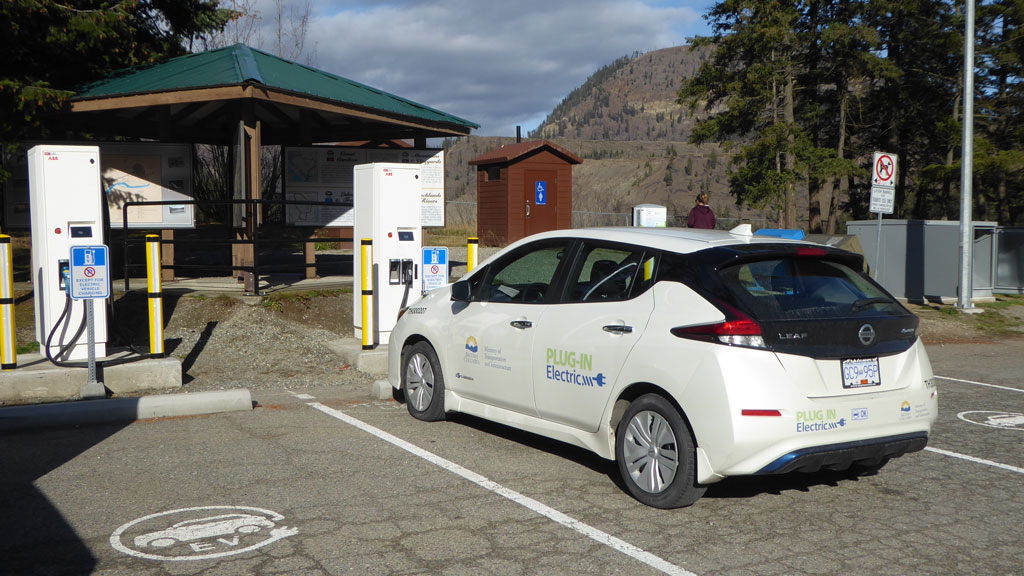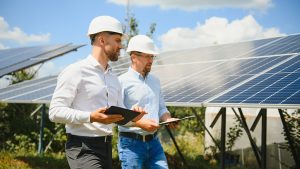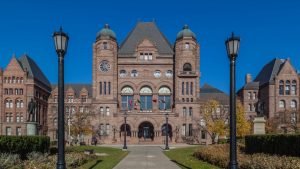VICTORIA—B.C. officials have unveiled the second phase of efforts to increase the number of electric vehicles (EVs) on the road.
The province and BC Hydro announced they have released recommendations from Phase 2 of the BC Hydro review of efforts to increase EV usage. The recommendations come from consultation with a panel of external industry experts.
“British Columbia’s abundant, reliable and affordable clean electricity makes switching to an electric vehicle a sustainable choice that can save people and businesses money in fuel costs, and help them reduce their carbon footprint,” said Bruce Ralston, minister of energy, mines and low carbon innovation, in a press release. “Recommendations from Phase 2 of our BC Hydro Review propose optional rates and innovative new solutions and programs that will make it easier and more affordable for drivers to go electric.”
The province already boasts one the highest EV adoption rates in North America and one of the largest public charging networks in Canada.
Government has been supporting EVs through several streams, including point-of-purchase vehicle rebates, home and workplace charging rebates, funding for public charging stations, commercial vehicle and fleet programs, rebates for specialty-use low-speed and utility vehicles, and funding to upgrade electrician and automotive technician training to incorporate EVs and charging infrastructure.
“Our government is working so people and businesses can continue to make the switch to electric vehicles and reduce pollution in communities through our CleanBC plan,” said George Heyman, minister of environment and climate change strategy. “These recommendations can make EVs more affordable and convenient through new electricity rates and further expand our fast-charging network to address our biggest sources of greenhouse gas emissions. In addition, they could significantly reduce emissions from medium- and heavy-duty vehicles.”
The recommendations include new optional rates to make vehicle charging cheaper, possible measures to help middle- to lower-income households get into an EV, plans for the deployment of more public fast-charging stations, and the development of a medium- and heavy-duty vehicle low-carbon fuels/electrification strategy.











Recent Comments
comments for this post are closed